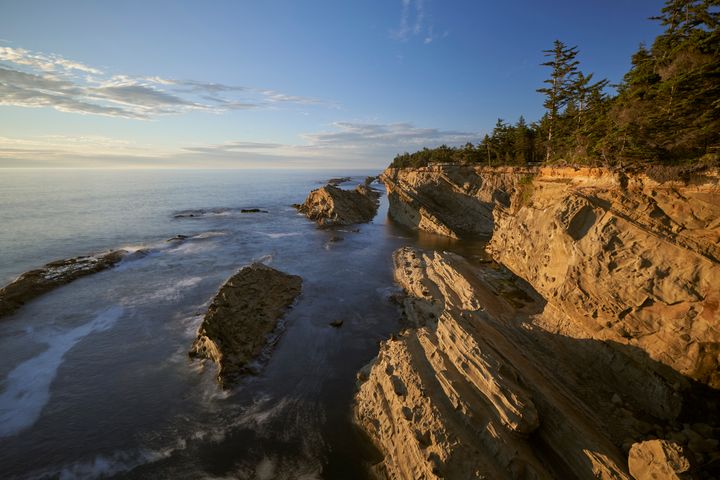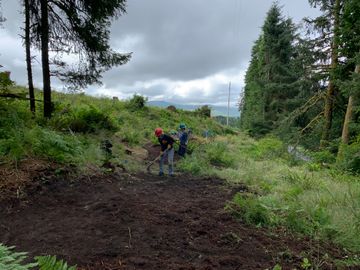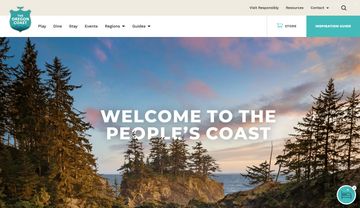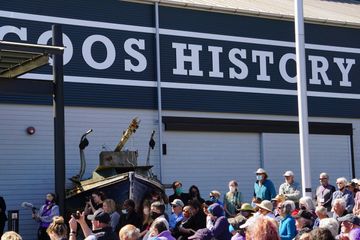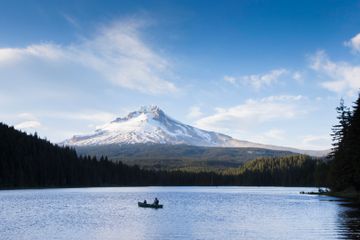Climate change has the potential to significantly impact travel and tourism in the coming years, but the tourism industry also has a tremendous opportunity to be a catalyst for change, and to do so it is imperative that we work closely together. In the 2020 Oregon Tourism Stakeholder Survey, “Tourism Strategies for Climate Change Resilience” was identified as a need in the short tand long term focus areas for the Oregon Coast.
Tourism Declares a Climate Emergency
With this in mind, OCVA has joined an international initiativethat supports tourism businesses, organizations and individuals in declaring a climate emergency. Per the advice from The Intergovernmental Panel on Climate Change (IPCC), our goal is to take purposeful action to reduce carbon emissions in the Oregon Coast’s tourism sector to 55% below 2017 levels by 2030.
Like all signatories, OCVA has committed to the following five actions:
- Develop a Climate Emergency Plan within the next 12 months, which sets out our intentions to reduce carbon emissions over the next decade.
- Share an initial public declaration of our Climate Emergency Plan, and update on progress each year.
- Accept current IPCC advice stating the need to cut global carbon emissions to 55% below 2017 levels by 2030 to keep the planet within 1.5 degrees of warming. OCVA will ensure its Climate Emergency Plan represents actions designed to achieve this as a minimum, through delivering transparent, measurable and increasing reductions in the total carbon emissions per customer arising from its operations and the travel services sold by the RDMO.
- Encourage suppliers and partners to make the same declaration, sharing best practices amongst peers, and actively participate in the Tourism Declares community.
- Advocate for change. OCVA recognizes the need for system change across the industry to accelerate a just transition towards carbon-free tourism.
During the spring, OCVA synthesized existing research, resources and solutions that are compatible with Oregon Coast businesses. This research and ideas will be used in interviews with agencies and relevant organizations this summer to recruit courageous thinkers to join us in this work. In the fall, OCVA will host sector-specific focus groups such as hotels, vacation rentals, retail facilities and food industry stakeholders to strategize holistic ways to reduce the Coast’s carbon footprint in terms of transportation, energy efficiency measures and materials management.
